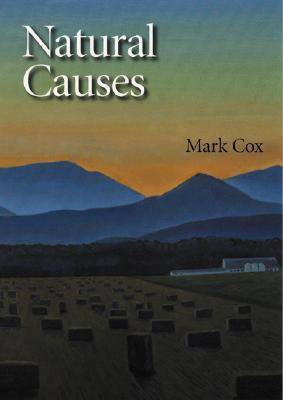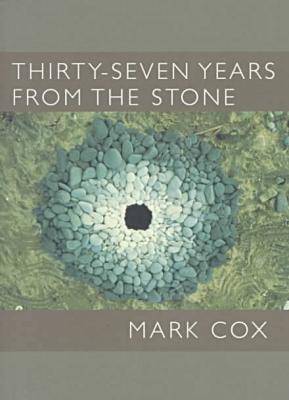Pitt Poetry
2 total works
Death haunts the pages of Natural Causes, but so does compassion and love. There is little darkness here, and less despair, despite the abundance of cemeteries, loss, and ghosts—both real and imagined.
Mark Cox’s youthful bravado has given way in these poems to an assured sense of understatement. The weight of fatherhood, the loss of a grandmother, the fear of loneliness—these are the details around which Cox plumbs the depths of mortality and memory.
Fully comfortable with the domestic tableau from which he writes, this is a poet never complacent. The penchants for metaphor and the resonant turn of phrase that informed Cox’s earlier work remain as vibrant as ever, indeed are heightened, as he masterfully affirms and celebrates the range of familial complexity and human connectedness.
Mark Cox’s youthful bravado has given way in these poems to an assured sense of understatement. The weight of fatherhood, the loss of a grandmother, the fear of loneliness—these are the details around which Cox plumbs the depths of mortality and memory.
Fully comfortable with the domestic tableau from which he writes, this is a poet never complacent. The penchants for metaphor and the resonant turn of phrase that informed Cox’s earlier work remain as vibrant as ever, indeed are heightened, as he masterfully affirms and celebrates the range of familial complexity and human connectedness.
Winner of the 1999 Oklahoma Book Award for poetry given by the Oklahoma Center for the Book. Winner of the Midland Society of Authors Award for Poetry 1999 In this latest, long-awaited collection, Mark Cox delivers a powerful exploration of the vagaries, ironies, and responsibilities of familial and romantic relationships. With humor, tenderness, a dose of terror, and an occasional swerve into the surreal, these poems probe the evolution of self, self-consciousness, and the interior psychological landscape - the effects of our past patterns and influences on the world of the present. By turns humorous and dark, straightforward and oblique, these poems are inventive and intelligent without forsaking accessibility.

